Passing a car inspection in West Chester is more than just a regulatory requirement; it's an assurance that your vehicle is safe, efficient, and environmentally friendly. Regular inspections not only help you avoid fines and penalties but also ensure that your car remains in optimal condition for the road. By preparing your vehicle adequately before the inspection, you can avoid common pitfalls and increase your chances of passing on the first try.
Understanding the Car Inspection Process
Car inspections in West Chester systematically evaluate your vehicle’s key components to ensure they meet safety and emissions standards. The specifics of what gets checked can vary depending on where you live, but most inspections focus on crucial areas like brakes, lights, tires, emissions, and other systems that directly impact safety and performance.
Before we take a look at the detailed preparation process, it's essential to understand what inspectors look for during an inspection. Knowing what to expect can help you focus your efforts on the areas that matter most.
Pre-Inspection Checklist
A thorough pre-inspection checklist can be your best friend when preparing for a car inspection in West Chester. By systematically going through each component, you can address potential issues before they become problems. Below, we’ll walk through the key areas you should check to ensure your car is ready for inspection.
Tires
Tires are one of the most critical components that inspectors check. Start by examining the tread depth; if the tread is too worn, your tires may not provide adequate grip on the road, leading to safety concerns.
Additionally, ensure that your tires are properly inflated according to the manufacturer’s specifications. Underinflated or overinflated tires can affect handling and wear out more quickly, potentially leading to a failed inspection. Rotate your tires if necessary to ensure even wear.
Lights
Your vehicle’s lighting system is another essential aspect of the inspection. Inspectors will check all exterior lights, including headlights, brake lights, turn signals, and hazard lights. Each of these lights plays a crucial role in your visibility on the road and your ability to communicate with other drivers.
Ensure that all bulbs are functioning and replace any that have burned out. In some cases, a faulty connection or fuse might be the culprit if a light isn’t working, so check these components as well.
Brakes
Brakes are arguably the most critical safety feature in your vehicle. Start by inspecting the brake pads for wear. Thin or worn-out brake pads can significantly reduce your stopping power and lead to dangerous situations on the road. If your brakes make a squealing noise or feel less responsive, it’s a sign that they need attention. Inspect the rotors as well; they should be smooth and free of deep grooves or scoring. Addressing brake issues before the inspection can prevent a costly failure.
Fluids
Your car relies on various fluids to operate smoothly, and low fluid levels can indicate underlying problems. Check the engine oil, brake fluid, coolant, transmission fluid, and power steering fluid. Top off any fluids that are low, and if you notice any leaks, have them repaired immediately. Regular oil changes and fluid checks can prevent engine damage and keep your car running efficiently.
Wipers
Visibility is key to safe driving, and your windshield wipers play a crucial role in this. Inspect your wipers for any signs of wear, such as cracks or stiffness. If the wipers don’t clear the windshield effectively, replace them. Additionally, make sure your windshield washer fluid reservoir is full. This simple check can prevent a minor issue from becoming a reason for inspection failure.
Emissions Test Preparation
In many regions, the emissions test is a crucial part of the car inspection process. This test measures the pollutants your car emits, ensuring they are within the limits set by environmental regulations. Failing the emissions test can result in a failed inspection, so it’s essential to prepare your vehicle adequately.
Start by ensuring that your car’s engine is running smoothly. A tune-up before the inspection can improve your car’s performance and reduce harmful emissions. This might include replacing spark plugs, checking the air filter, and ensuring the fuel system is clean. Additionally, if your car’s “check engine” light is on, it’s likely due to an issue that will cause you to fail the emissions test. Address this problem before the inspection. Sometimes, the issue can be as simple as a loose gas cap, but other times it may require more significant repairs.
Common Issues That Cause Inspection Failure
Even with thorough preparation, some issues can still cause your vehicle to fail inspection. Being aware of these common problems can help you take extra precautions.
Worn-Out Brake Pads
Brake pads are subject to wear and tear, and over time, they thin out and lose their effectiveness. If your brake pads are worn down, your car won’t stop as quickly, which can lead to a failed inspection. Regularly check and replace brake pads to maintain optimal stopping power.
Malfunctioning Lights
A single burnt-out bulb can cause your car to fail the inspection. Inspectors check all exterior lights, including those you might not use often, like reverse lights and side markers. Ensure that all lights are operational before heading to the inspection.
Exhaust System Leaks
Leaks in the exhaust system can cause your car to emit more pollutants than allowed. These leaks can be detected during the emissions test or through a visual inspection. Have any exhaust system leaks repaired to avoid failing this part of the inspection.
Faulty Windshield Wipers
Worn or damaged wipers can lead to poor visibility in adverse weather conditions, which is a safety concern. Replace wipers that are no longer effective, and make sure your windshield washer fluid is topped off.
Low Fluid Levels
Inspectors may check fluid levels as part of the inspection. Low levels can indicate neglect or potential leaks. Regularly checking and maintaining fluid levels can prevent many issues and ensure your car is ready for inspection.
What to Do if Your Car Fails the Inspection
Failing a car inspection can be frustrating, but it’s not the end of the road. If your car doesn’t pass, the first step is to understand why. Review the inspection report carefully to identify the specific reasons for the failure. Once you know what needs to be fixed, take your car to a qualified mechanic to address the issues. Some repairs might be simple and inexpensive, like replacing a bulb or topping off fluids, while others may require more extensive work.
After making the necessary repairs, you’ll need to schedule a re-inspection. Depending on your location, you might have a limited time to complete the repairs and pass the inspection without incurring additional fees. Staying proactive and addressing issues promptly can help you pass the re-inspection and get back on the road legally.
Trust Welsh Automotive for Your Car Inspection Needs
When it comes to ensuring your vehicle passes its inspection, Welsh Automotive Specialties is your trusted partner in West Chester, PA. As a family-owned business, we pride ourselves on delivering honest and professional automotive repair and maintenance services to our community. Our experienced team is dedicated to keeping your car in top condition, whether you need a thorough pre-inspection check, essential repairs, or routine maintenance.
At Welsh Automotive, we understand how important it is to pass your car inspection without any hassle. That's why we offer comprehensive services to address any potential issues before they become problems. With our expertise and commitment to quality, you can drive away with peace of mind, knowing your vehicle is roadworthy and safe. Visit Welsh Automotive today and let us help you navigate the inspection process with confidence.


